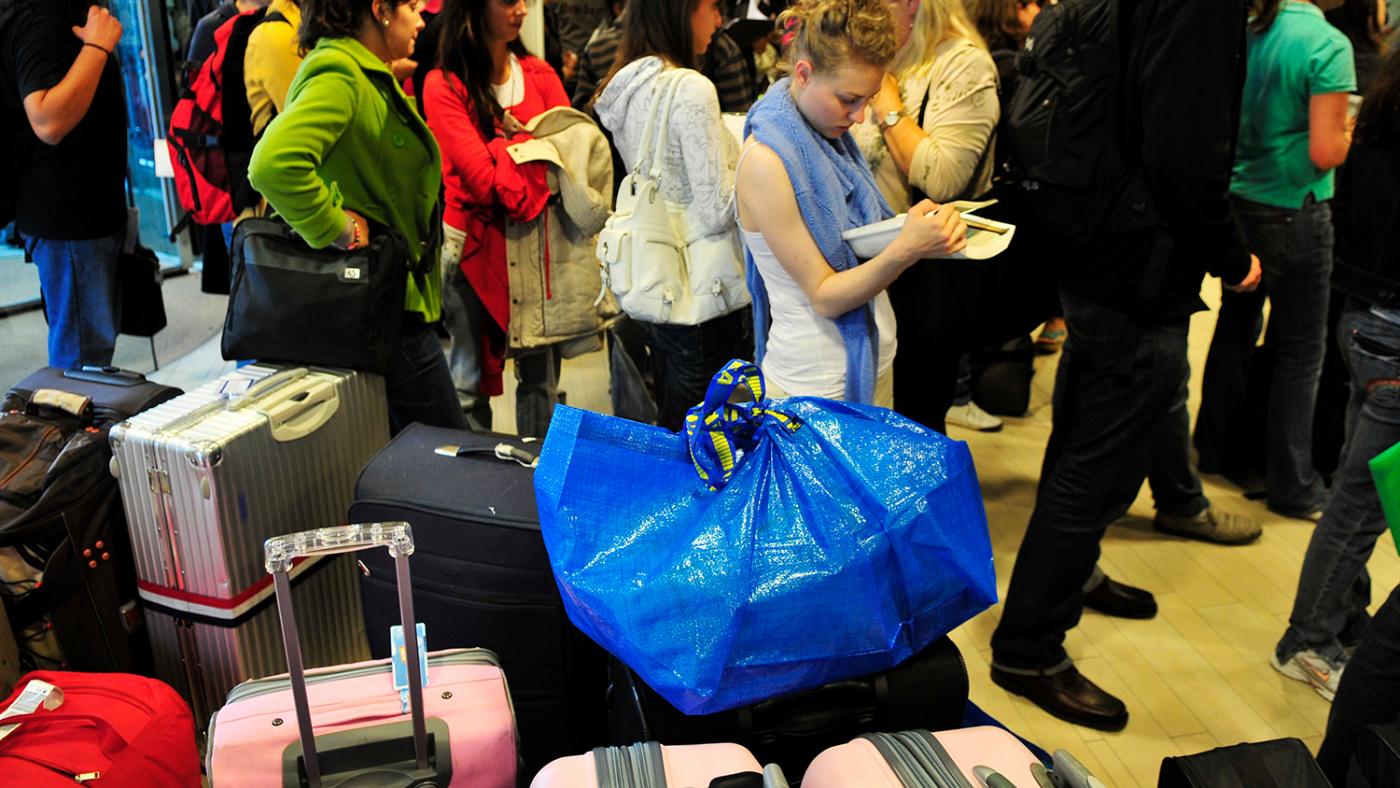Six questions about the influx of international students

How many students are we talking about?
There aren’t any definitive numbers for this academic year yet, but in the 2017/2018 academic year, there were 112 thousand of them – a new record again. Of all students in higher education in the Netherlands, 12.2 percent are from abroad. At almost ten percent of all study programmes, there are more international students than Dutch ones, according to internationalisation organisation Nuffic.
Why do they come here?
Higher education in the Netherlands is highly regarded, and compared to other countries, relatively cheap. Additionally, there’s quite a large number of study programmes available in English, and with campaigns such as Make it in the Netherlands, the country actively tries to recruit foreign students.
Why do we want them here?
Universities and universities of applied sciences are happy with them, because more students means more money from the government – at least, that’s what critics say the reasoning is. The institutions themselves state other arguments: Dutch students can come into contact with other cultures, and will be able to function better in the international labour market.
Furthermore, there’s the threat of scarcity of skilled labourers in several industries. Highly educated internationals, therefore, are more than welcome. And they’re good for the treasury, too: Nuffic estimates they bring in around 1.57 billion euros annually.
But…?
There’s a flip side, too. The number of internationals has been increasing by a lot recently – by too much, even, for some study programmes. English study programmes in the disciplines of technology, psychology, and economics are bursting at the seams, and are implementing numerus fixuses. Critics fear this will lead to situations where Dutch students are unable to get into the programme of their choice, while internationals enjoy the benefits paid for by Dutch tax payers. The ‘Englification’ of higher education is also a source of irritation to many: doesn’t it demote the value of the Dutch language? And what are the consequences of the quality of education if teachers can’t teach in their native language anymore?
Housing is often a problem, too. Finding a place to live while you’re still abroad is tricky, so the house hunting often only starts after students have arrived in the country. Some spend the first period sleeping in tents – and that period often lasts longer than expected, because many student housing units aren’t eager to welcome international housemates. Many internationals end up feeling lonely or even depressed.
What are the possible solutions?
Educational institutions want to keep recruiting international students, and are simultaneously hungry for instruments that can help handle that influx. Those instruments don’t exist yet. A numerus fixus exclusively for internationals – or: selection on the basis of nationality – for instance, is discriminatory and in violation of European law.
Will the minister do something about it?
In her ‘internationalisation vision’, presented last June, minister of education Van Engelshoven attempts to find middle ground: she wants to encourage internationalisation, without being blind to its downsides. The high number of internationals can’t negatively impact the accessibility of higher education, for example, and especially the accessibility of higher education for Dutch students, she reiterated in response to questions asked by the PVV party.
To prevent institutions from simply using international students to keep their finances in order, the financing of higher education will be changed. Study programmes will also have to be able to justify their choice for using English as the main language. Finally, Van Engelshoven wants to provide universities and universities of applied sciences with more options for handling the influx of foreign students, although it’s as yet unclear how that’s going to play out.